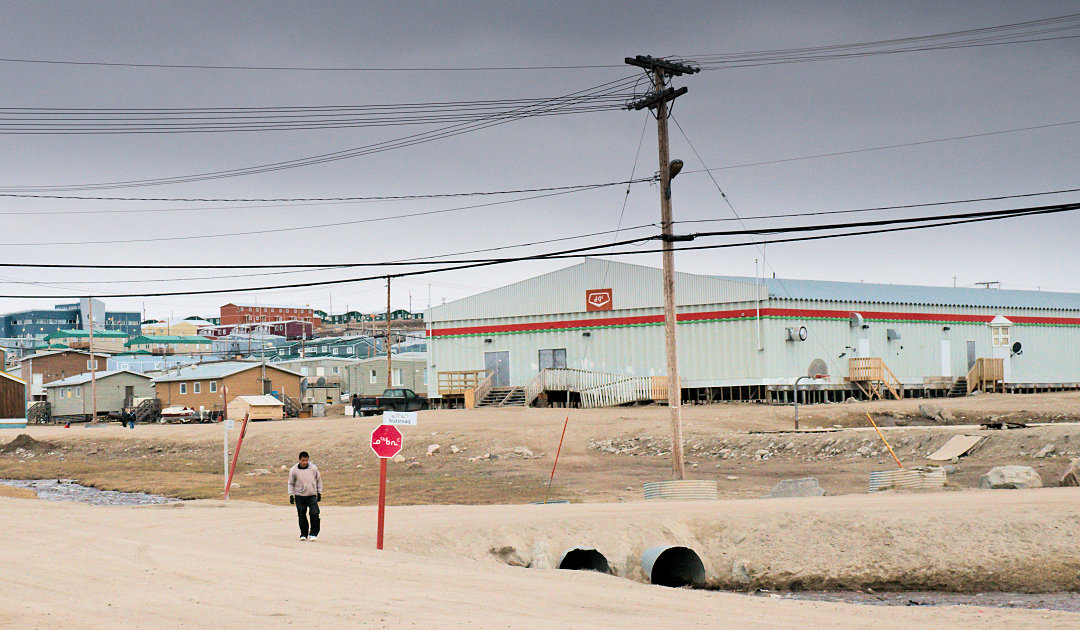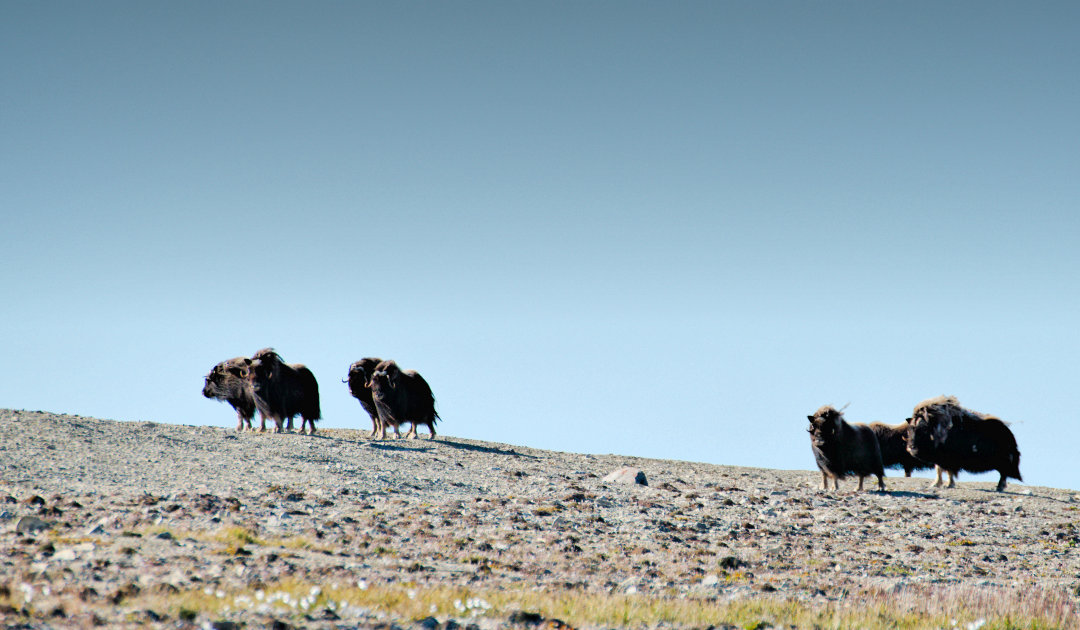
The lives of Arctic people always depended on nature. They lived of hunting, fishing and those plants that can grow in the barren landscape. Even with the arrival of other civilizations and the attempt to impose their dietary habits on the Inuit, this practice changed little. Now, the human rights organization Human Rights Watch has published a report warning of undersupply of residents in the far north of Canada. At the same time, it strongly criticises the government and its inadequate measures.
The organization’s 122-page report, recently presented, describes climate change as one of the biggest threats to food security in Canada’s far north. It decimates the traditional food sources of the Inuit and First Nations, forcing the inhabitants to resort to completely overpriced and unhealthy food imports from the South. This would further exacerbate existing economic and health problems, the authors write. The government in Ottawa has gone past the problems with its measures to ensure the nutrition of its inhabitants and is not doing enough to improve the situation. According to the report and two studies quoted in it, half of Canada’s indigenous population expericences food insecurity, while for the entire Canadian population, it is only one in eight. Food insecurity is defined as a lack of regular access to safe and nutritious food.

«The Canadian government has promised to deliver on climate action and also to protect Indigenous peoples’ rights. So far, the responses have been disappointing»
Katharina Rall, Human Rights Watch
In the report, Human Rights Watch takes a hard line with the Canadian government, accusing it of failing to deliver on its promises and mission to protect the rights and habitat of the indigenous population. “The Canadian government has promised to deliver on climate action and also to protect Indigenous peoples’ rights. So far, the responses have been disappointing,” says Katharina Rall, senior environmental researcher at Human Rights Watch. According to the expert, the climate protection goals and the ways in which they are to be achieved have not been sufficiently and properly implemented. According to the government, greenhouse gas emissions should be reduced by 2030 to 30 percent below 2005 levels. Given that Canada is number 9 on the list of global greenhouse gas emission countries, and that the Canadian North is warming three times as fast as the rest of the world, this goal is not enough. Furthermore, the plan for how to achieve this goal is not clear and Canada is already behind this weak plan. When it comes to food provisions in the north, the organization is pushing also hard. The government’s support is fragmentary and a patchwork. “Often enough, the financing of aid programmes is short-term and insufficient to reach everyone and provide access,” explains Rall. The Canadian government denies these statements and reiterates that it will continue to work with communities and all Canadians to ensure food security and mitigate the effects of climate change.

The loss of food provisions and food security in the Arctic is not a new problem. For years, indigenous associations and experts have pointed out that climate change is threatening the traditional food sources of Arctic peoples. This is not about new food sources stepping up. But invading species often are less nutritious than the originals and therefore provide less energy and reserves. This, in turn, means that additional food must be purchased, often expensively imported from other parts of the country or abroad. But many of these regions are also economically weak and thus, for many people things like fresh vegetables or fruits are a barely affordable luxury.

“It’s a matter of really stepping up the support for Indigenous peoples to then be able to lead solutions on adaptation in their communities.”
Human Rights Watch
That is why people then resort to traditional food. But here environmentalists also criticize the ruthless treatment of the locals with the animals such as whales, seals or polar bears. Quotas set by administrations and regional governments are far too high and do not contribute to a sustainable apporach to animal protection. Moreover, illegal hunting and fishing are not really being prosecuted, according to environmentalists. This is vehemently rejected by the Inuit organisations. In their report, Katharina Rall and Human Rights Watch call for greater and better input from the state in securing food and addressing the problems of the Arctic inahbitants: “It’s a matter of really stepping up the support for Indigenous peoples to then be able to lead solutions on adaptation in their communities.”
Dr Michael Wenger, PolarJournal
More on the subject:





